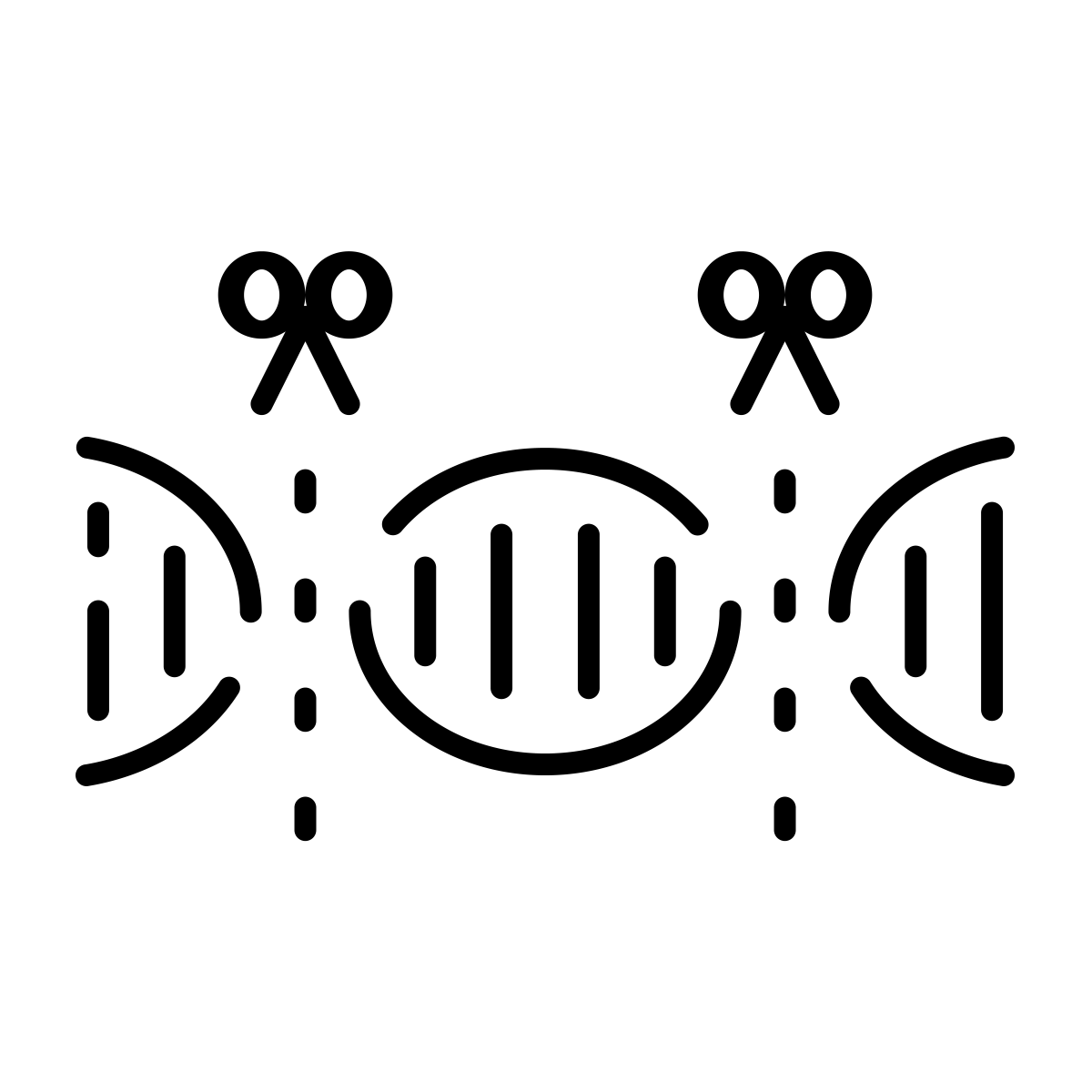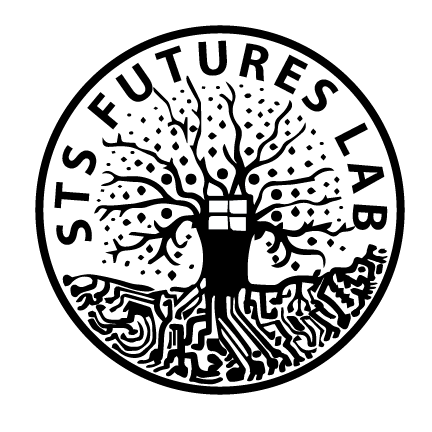CREATE STS!
COLLABORATIVE RESEARCH AND EDUCATION ARCHITECTURE FOR TRANSFORMATIVE ENGAGEMENT WITH STS
This project was implemented in Fall 2021 with the support of a James Madison University Madison Trust grant and a National Science Foundation Award, with the goal of building bridges between science and the humanities to support integrated pedagogies that engage questions of ethics and justice in relation to science, technology, and society (STS). With the aim of building and testing a model that could serve as a springboard for scaling up across the institution, six faculty—two from the field of STS, two from the humanities, and two from the sciences—and a cohort of nine undergraduate students came together to engage in collaborative pedagogy development with the shared theme of “Imagining a Just Future.” In Spring 2022, participating faculty will implement a new module in one of their spring courses that reflects this work.
Building on the Co-Imagining Futures Workshop model developed in the STS Futures Lab, this project scaled up to bring experts from the sciences and humanities together. Using the Creative Anticipatory Ethical Reasoning (CAER) to facilitate dialogue across disciplines, each faculty member had an opportunity to engage with students and with each other to explore and learn from each other.
Imagining a Just Future
Each faculty member from the sciences and humanities identified a spring course in which they would develop a new module that would raise social, political, and ethical questions related to science and technology. They each recruited one undergraduate student from their teaching discipline to participate, and the two STS faculty additionally recruited students from Integrated Science and Technology (ISAT) to form a cohort who participated in STS Futures Lab training. The students and faculty participated in a series of workshops to learn about each other’s teaching and potential modules, to engage in a “Creative Anticipatory Ethical Reasoning” (CAER) process related to their topics, and to learn about STS theories, practices, and pedagogies. CAER is a method developed in the STS Futures Lab that blends scenario analysis, design fiction, and ethical reasoning to cultivate critical STS-inflected futures literacy and responsible innovation capacities. The faculty developed and workshopped new modules, incorporating feedback from all participants.

BIO 103 Contemporary Topics in Biology
New Module: Genetic Editing
Students will be invited to envision a just future with genetic engineering (including the realms of human disease, wild populations of plants and animals, and the potential for human enhancement). In small group activities, students will engage in design fiction through the lenses of disability justice and design justice. Students will also explore the ethical consequences of re-shaping evolution through technological advances in gene editing. Alongside faculty and student mentors from the STS Futures Lab, they will envision future scenarios and drivers of change. Groups will present their scenarios to the class in the form a newspaper headline page.
JUST 385 Disability and Justice
Daisy Breneman, Justice Studies/Disability Studies
New Module: Multiple integrations across syllabus
Disability and Justice is an interdisciplinary exploration of disability justice, including disability theory and disability rights movements. Through the Creating STS process, issues of science and technology and STS approaches are infused into various units and topics throughout the course, including into discussions of eugenics, gene editing, global infectious disease, design, and assistive technology. Learners have the opportunity to explore not only historical and current issues of disability justice, but also imagine future opportunities and challenges.
HUM 200 Great Works of Literature: Humans, Animals, Machines
Dr. Holly Yanacek, Foreign Languages, Literatures, and Cultures
New Module: Genetic Editing & Robots
Students in the HUM 200 course will anticipate possible futures using the CAER scenario analysis and design fiction activities while reading Kazuo Ishiguro’s Klara and the Sun (2021). What might characterize a just future in relation to advances in robotics and gene editing technologies? How could such developments transform ways of life in the next 30 years? At the end of this module, students will compare their design fictions with what is depicted in the novel.
GEOG 323/IDLS 395 Global Infectious Disease
New Module: Imagine the Future of Vaccines
Through Creative Anticipatory Ethical Reasoning scenario analysis and design fiction activities, students will envision ways in which the world might change as a result of technological innovations, social and economic factors and changing patterns of public acceptance of vaccines. What role might vaccines play in promoting a more just and prosperous world? This module involves several in-class group activities that include developing a list of driving factors, designing an “artifact from the future” and hosting a briefing session for other students in the class.
METHODS
UNDER CONSTRUCTION
PRELIMINARY ANALYSIS
UNDER CONSTRUCTION
